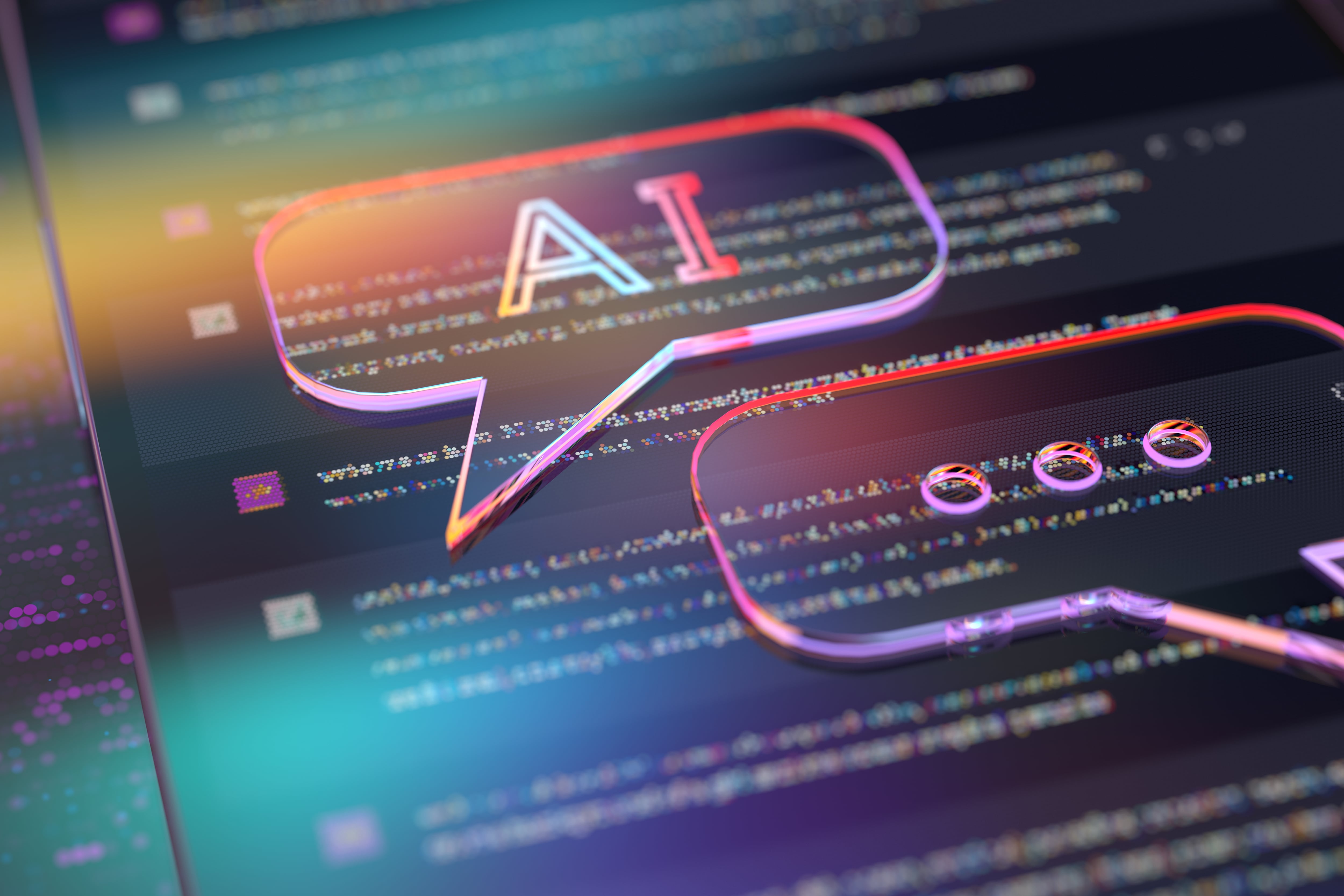Sign up for Chalkbeat New York’s free daily newsletter to keep up with NYC’s public schools.
New York City teachers: We want to hear your thoughts about how artificial intelligence-powered tools like ChatGPT are changing the classroom.
It’s been more than a year since the tech group OpenAI introduced ChatGPT to the public — with it and a slew of other chatbots and tools introducing new ways to generate writing and content using AI. Today, some students at New York City high schools report widespread use of AI-powered chatbots among their peers. And nationally, 44% of teenagers said in a survey they were likely to use AI-powered tools to complete their schoolwork for them, even though a majority considered it cheating.
Others say they’ve turned to artificial intelligence as a means of enhancing their learning — viewing it as a potential personalized tutor, capable of breaking down difficult concepts and challenging assignments.
School districts across the country have grappled with how to respond to the new technology. Some large districts have moved to create their own AI-powered tools — at times to mixed results.
Early last year, New York City schools blocked ChatGPT on school devices and networks, citing “negative impacts on student learning, and concerns regarding the safety and accuracy of content.” But a few months later, the city reversed course, with schools Chancellor David Banks proclaiming the city’s schools were “determined to embrace its potential.”
Meanwhile, the American Federation of Teachers has released a set of “guardrails” and other resources intended to help educators safely navigate the new technology. The organization emphasized that safety and privacy should be prioritized any time AI-powered tools are used.
At a discussion last month at The Neighborhood School, which was co-sponsored by Chalkbeat, AFT President Randi Weingarten noted advances in artificial intelligence have prompted questions over how such tools could benefit educators.
“What if you used AI, for example, if you were a high school social studies teacher, and you used AI as the first cut of grading papers to actually make sure that grammar was right, or that spelling was right?” she said. “Some people might say ‘No, let’s not,’ and some people might say, ‘Well, that may be an interesting thing.’”
As conversations around AI in schools remain ongoing, we want to hear what you’re seeing in your classroom. Are your students using ChatGPT and other AI-powered tools? How do you think this technology is changing schools?
Please fill out the form below to let us know.
Julian Shen-Berro is a reporter covering New York City. Contact him at jshen-berro@chalkbeat.org.





